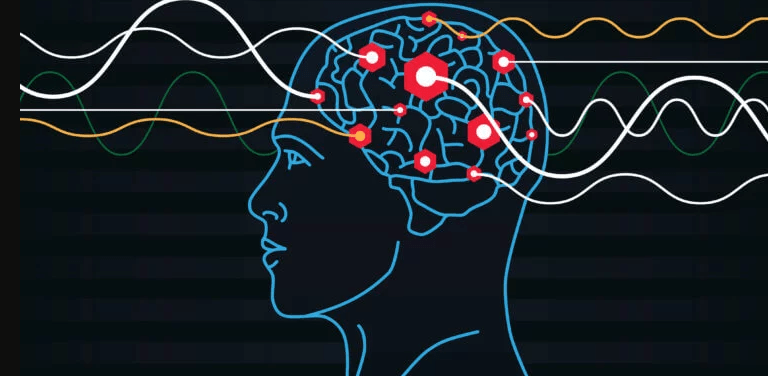An unusually large brain may be the first sign of autism and can be seen as early as the first trimester, according to a recent study from UCSD. Some children with profound autism have lifelong problems with social, language and cognitive skills, including the inability to speak. In contrast, others experience milder symptoms that may improve over time.
The difference in results has remained a mystery to scientists until now. A new study has been published Molecular Autism The study by researchers from the University of California, San Diego was the first to shed light on this issue. Among the findings: The biological basis for these two subtypes of autism spectrum disorder develops during the first weeks and months of embryonic development.
The researchers used inducible pluripotent stem cells (iPSCs) obtained from blood samples of 10 young children with autism and six neurotypical “control” children of the same age. Capable of being reprogrammed into any human cell, the team used iPSCs to create cerebral cortical organoids (BCOs), models of the cerebral cortex during the first weeks of embryonic development. A literal “mini brain” grown from stem cells of toddlers with autism grew significantly more (about 40 percent) than a neurotypical control group, making it clear that growth occurs during each child’s embryonic development.
The relationship between brain growth and autism severity
“We found that the larger the size of the embryonic BCO, the stronger the later social symptoms of autism in the child,” said Eric Courchesne of UC San Diego, principal investigator of the study and co-director of the Center of Excellence for Autism in the Department of Neuroscience. “Young children with profound autism, the most severe form of autism, showed the largest increase in BCO during embryonic development. Those with mild social symptoms of autism showed only a slight increase.”
Using sophisticated imaging of cortical organelles (BOCs) and the social brain, social eye tracking, and social behavior testing, Courchen and colleagues discovered that profound autism begins during embryogenesis. The greater the growth of embryonic BCOs, the stronger the social symptoms of childhood autism. Babies with profound autism, the most severe form of autism, have the most extreme BCO growth during embryonic development. Credit: UC San Diego Health Sciences
At the same time, the greater the increase in BCO, the greater the increase in social regions of the brain of the child with severe autism, and the child’s reduced attention to social stimuli. These differences were evident when compared with norms of hundreds of thousands of children studied by the Autism Center at the University of California, San Diego. At most, the BCOs of preschoolers with profound autism grew very quickly and were very large.
“Bigger brains are not necessarily better,” said Alisson Muotry, Ph.D., director of the Integrated Center for Orbital Space Stem Cell Research at the university’s Sanford Stem Cell Institute. Mouotry and Courchesne collaborated on the study, and Mouotry provided his own BCO development protocol, which he recently shared in a publication. Nature Protocolsand experience in measuring BCO.
Implications for therapy and further research
Curshn said that since the most prominent symptoms of profound autism and mild autism are observed in the social-emotional and communication domains, but with different degrees of severity, “there is an urgent need to understand the differences in the embryonic origin of these two subtypes of autism.” . . “Such understanding can only come from studies like ours that reveal the underlying neurobiological causes of social difficulties and when they begin.”
A possible cause of BCO overgrowth was identified by study co-author Mirian AF Hayashi, Ph.D., a professor of pharmacology at the Federal University of São Paulo in Brazil and a student of Joao Nani. They found that the protein/enzyme NDEL1, which regulates embryonic brain growth, was reduced in the BCO of people with autism. The lower the expression, the more BCOs increased.
“The determination that NDEL1 was not working properly was an important discovery,” Muotri said.
Courchesne, Muotri, and Hayashi now hope to identify additional molecular causes of brain overgrowth in autism; these discoveries could lead to the development of treatments that improve social and intellectual functioning in people with autism.
Source: Port Altele
